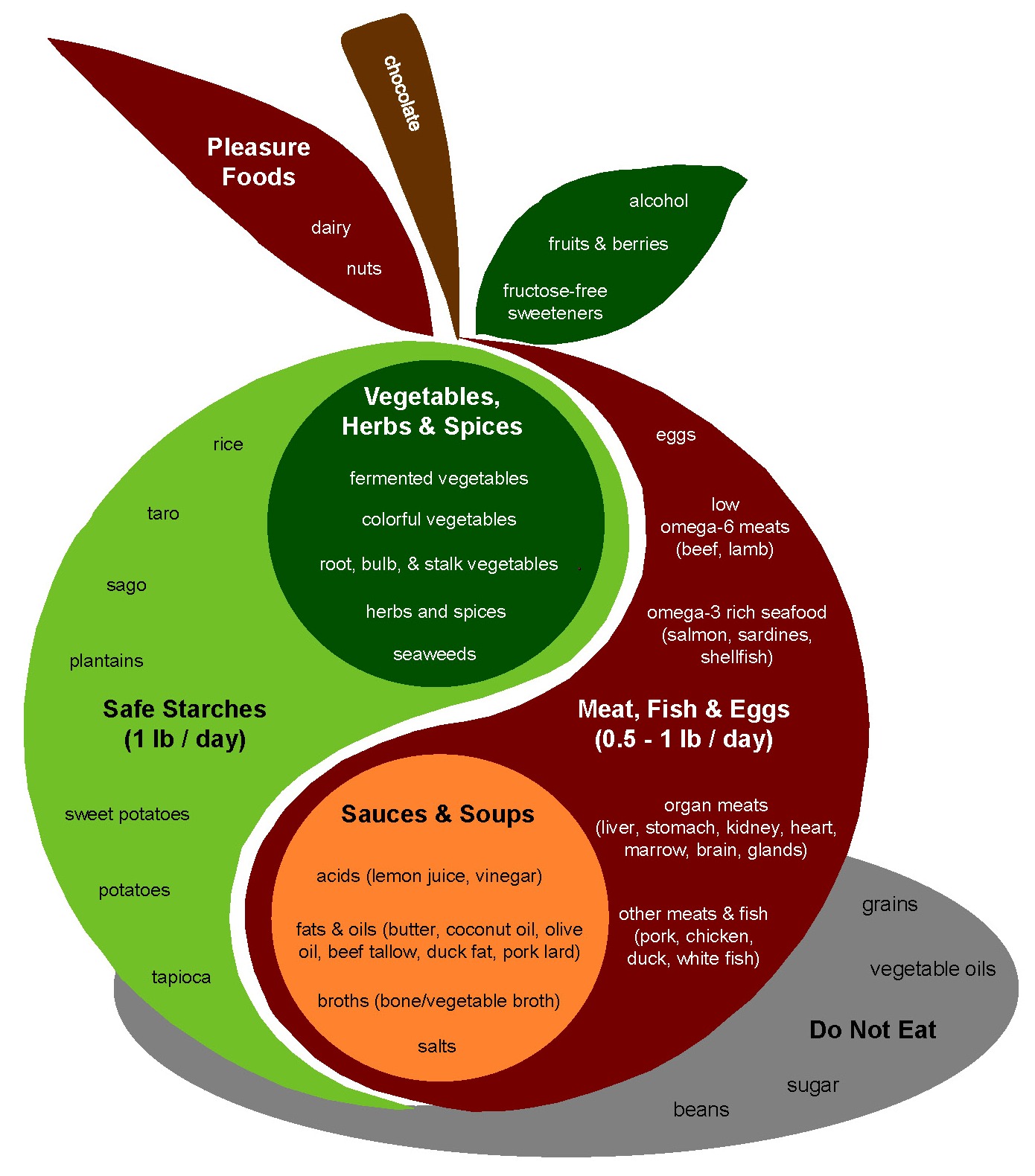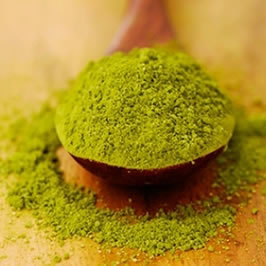I’m sure if you’ve read about any sort of diets in the last several years, and which ones are most popular right now, you’ve stumbled across the Paelo diet. If you search for the word “paleo diet” online you will get more than 15 million results pages, nearly all giving out guides, articles, recipes or nutrition books. Why has this diet grown to be so popular and how does it work? What is this diet about and why have so many people taken it to heart? Let’s have a real look at how this diet works and what is advises for users.
What is the Paleo Diet?
The Paleo diet is more about changing your habits with a change in the way you associate with food. It’s not a set plan that a person has to follow, but instead a lifestyle change. There’s no set or established “Paleo” diet method that everyone needs to follow. There’s also not just a “guy” out there who developed this diet on his own. The Paleo diet was a culmination of significant research that was packaged into a usable format for individuals.
There are several tenets of this diet that can be summarized, however. When humans evolved, we only had a select foods available to us which helped us to survive and thrive. We also avoided foods that did not provide proper nutrition typically, as these would harm us. Through this “trial and error” process humanity was able to improve our circumstances and improve our ability to survive. For thousands of generations, we did not have access to food that was very high in carbohydrates. Most of what we had was lean meats, naturally scavenged fruits/vegetables and other things. Dairy and grains were never a part of our diet until farming materialized and was widely available some 5000 years ago. Eating these whole, unprocessed foods is claimed by this diet to allow people to lose weight and remain healthier, while also cutting your risk of disease.
But What is Science Saying About These Claims

Sugars and processed food removal certainly makes sense, researchers have been advising avoiding these foods for nearly a decade as an abundance of research shows their harm. Yet, what about dairy and whole grains? The science is a bit mixed on this and this is really where people need to think about adding these in with some moderation. Certainly dairy has a lot of fats, and grain has a lot of carbohydrates. However, fat and carbs are not bad for you in any amount, just in excess. For this reason, dietitians and USDA guidelines do advise having some of these foods each day.
Many of the paleo studies which have been completed show some good support for the overall diet and its goals. A recent study showed that on average people lose 15 pounds per month with just this change in diet (note: calorie controls are not part of this diet, so this is indeed fairly remarkable). The Paleo diet has been transformed int the Mediterranean diet as well, which is just a different name for the same overall program. The long term effects of the diet are not well understood as of yet, but they do appear to reduce waist size, improve glycemic controls, increase energy, and increase weight loss.
Does the Paleo Diet Actually Work?
This is probably the single most important question. Yes, the studies resoundingly point to the Paleo Diet providing extremely good weight loss results to users. The results of these studies indicate that this diet does provide a reduction in blood pressure, blood sugar and some of the indications of early heart disease. In spite of these exceptional results, there is still much more than needs to be studied before doctors should be widely recommending this. The long-term impact of this diet still remains a bit unclear, though there should not be any harm from simply eating these more natural foods (after all, vegan diets have been shown in numerous studies to be extremely healthy).
While you may not experience the huge gains and benefits touted by many proponents of this diet, it certainly has a lot of potential benefits and the weight loss results are undeniable. It is a lifestyle change, which are historically the most difficult diets to stick to over a long period of time. Still, if you do manage to stick with it well, you can expect about half a pound of day of weight loss, without needing to starve yourself. While not the best diet in the world, it’s perhaps one of the more easy ones to adopt successfully.
